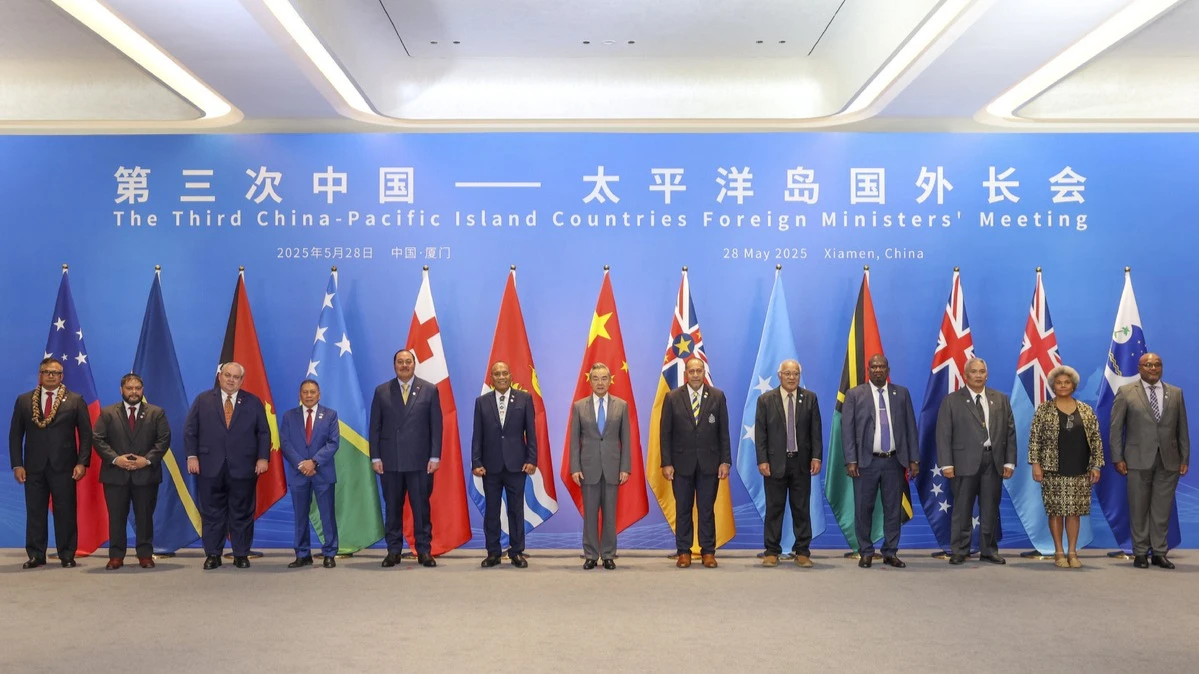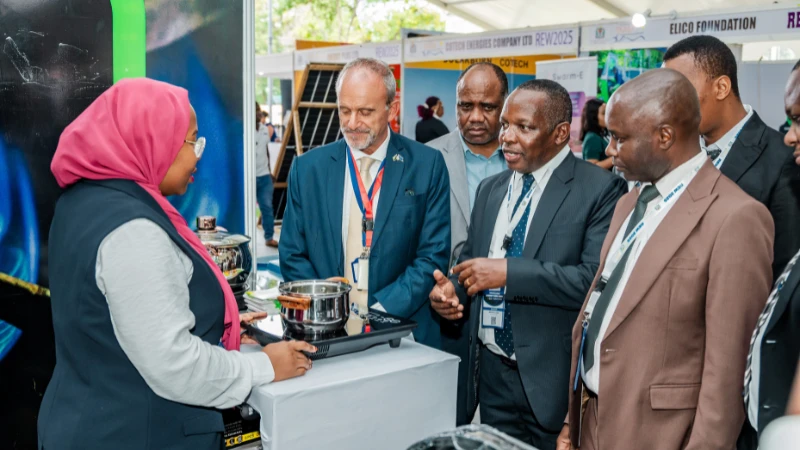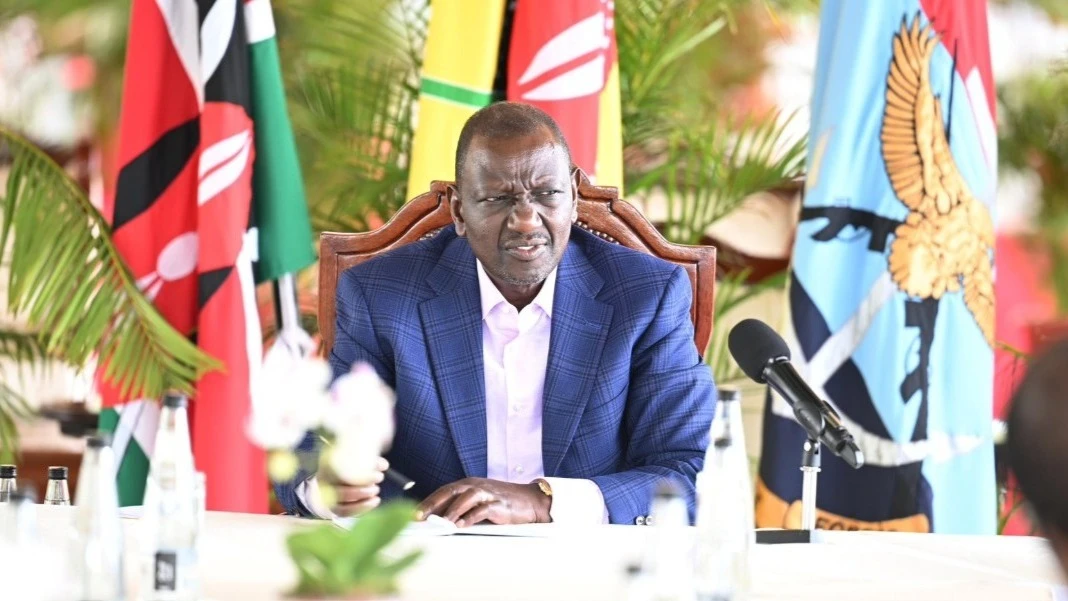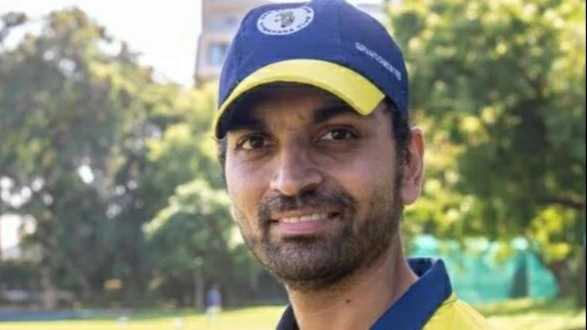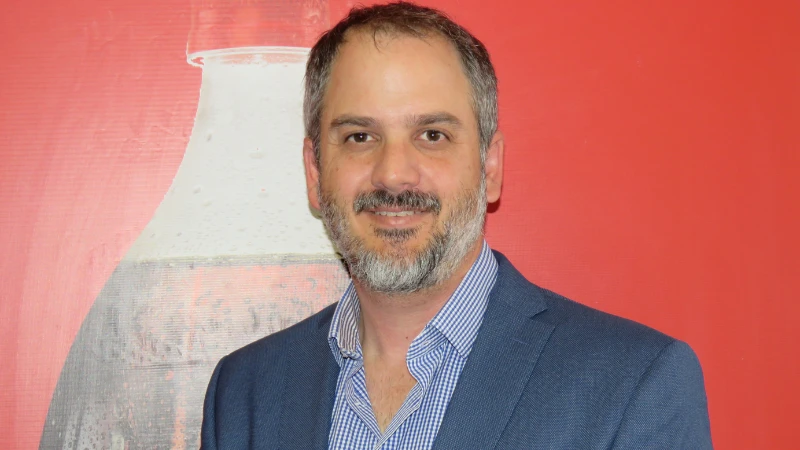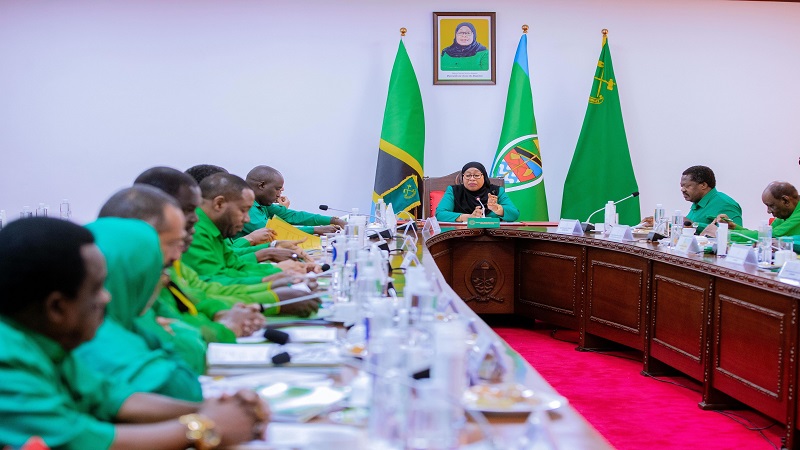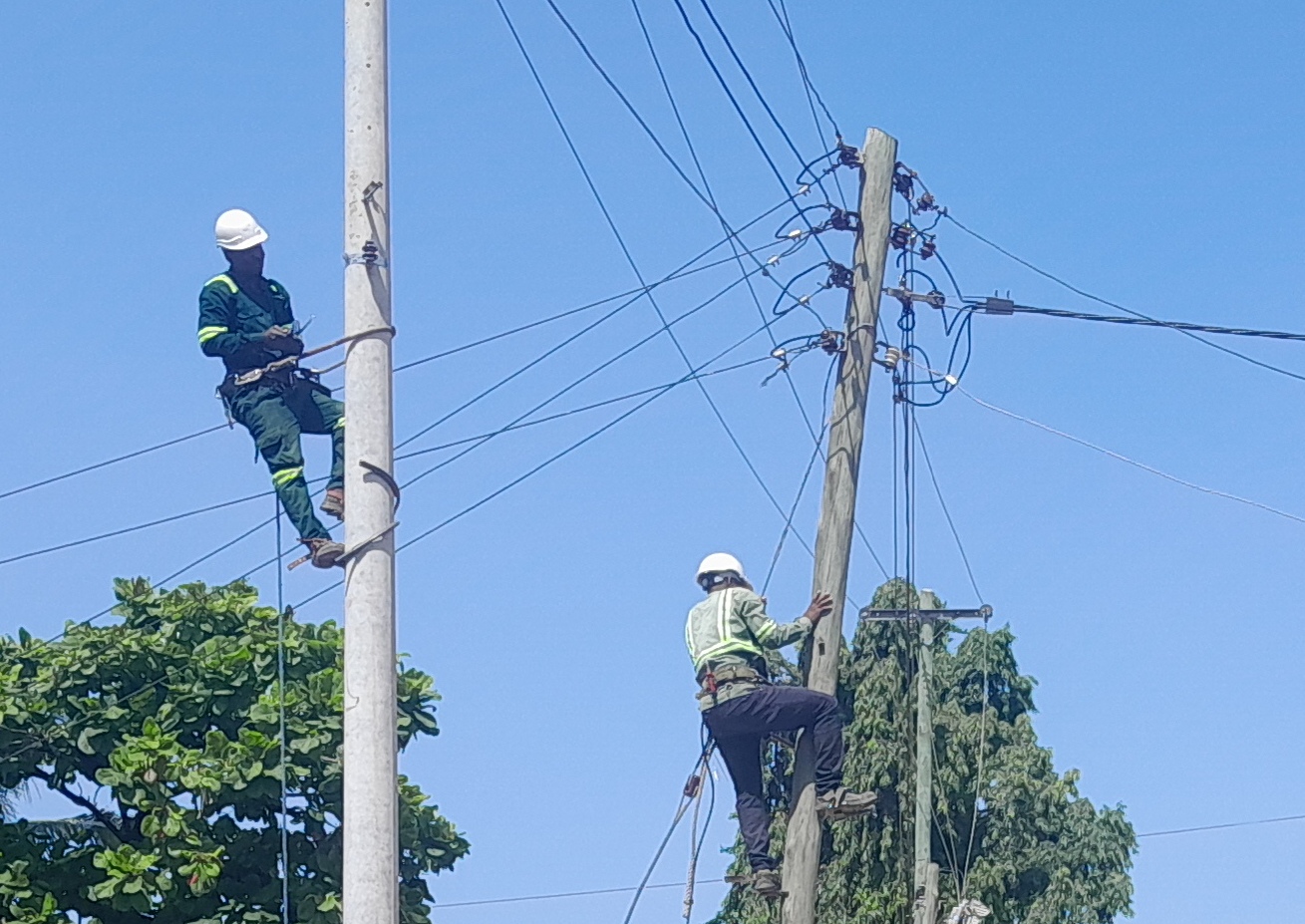Tanzania marks ‘International Day to End Obstetric Fistula’with renewed commitment to women's health
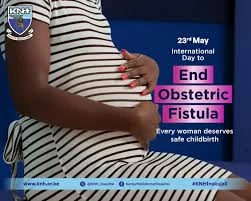
TANZANIA on Friday joined the global community in commemorating the International Day to End Obstetric Fistula, under the theme: “Her Health, Her Right – Shaping a Future without Fistula.” The occasion served as both a moment of reflection and a call to action—highlighting the country’s strides in addressing maternal health, while reaffirming the urgent need to eliminate obstetric fistula, a debilitating yet preventable childbirth injury.
Obstetric fistula typically results from prolonged, obstructed labour without timely access to emergency obstetric care. The condition leads to chronic incontinence, infections, and infertility, and severe psychological trauma— often isolating women from their families and communities.
Globally, over 500,000 women live with untreated fistula, with thousands of new cases occurring each year. Sub-Saharan Africa bears the brunt of the burden. In Tanzania, an estimated 3,000 new cases are reported annually, yet only a fraction receive timely treatment.
Under the leadership of Her Excellency President Dr Samia Suluhu Hassan, Tanzania has made significant progress in the fight against obstetric fistula, through strong public-private partnerships and targeted maternal health initiatives. At the forefront of this movement is CCBRT (Comprehensive Community-Based Rehabilitation in Tanzania) Hospital, the country’s largest indigenous provider of fistula services.
Located in Dar es Salaam, CCBRT offers comprehensive, free-of-charge care for fistula patients—including surgery, transportation, accommodation, food, and counselling. Over the past three years, the hospital has treated more than 1,450 women.
“This number is far too small,” said Dr Peter Majinge, an obstetrician and gynaecologist at CCBRT. “For every woman we treat, many more continue to suffer in silence. We must do more—together. Obstetric fistula remains a humiliating and deeply painful condition for thousands of Tanzanian women.”
Beyond surgical repair, CCBRT addresses the root causes of obstetric fistula through preventive maternal health services offered at its Maternity Wing. These services focus on “Core Clients,” a group of women at higher risk, including pregnant women with disabilities, adolescent mothers under 18, former fistula patients and women who previously delivered children with cerebral palsy.
These women receive free, high-quality antenatal and delivery care as part of a broader strategy to improve maternal outcomes and prevent new fistula cases.
Recovery does not end in the operating room. CCBRT supports survivors through its ‘Mabinti Programme,’ an award-winning economic empowerment initiative that equips former fistula patients with training in sewing, design, entrepreneurship, and life skills.
This programme helps women rebuild their confidence, reintegrate into society, and regain financial independence—restoring not only their health but their dignity and livelihoods.
Dr Majinge extended heartfelt appreciation to the government and partners for their continued support.
“We are especially grateful to Her Excellency President Samia Suluhu Hassan, whose unwavering commitment enables us to reach and heal some of the most vulnerable women in our country,” he said. “We also thank our partners in Tanzania and across the globe. But the fight is far from over. Let us unite to ensure no woman continues to suffer from this preventable condition.”
Women in need of assistance can reach CCBRT via its toll-free line: 0800 110 200. This service ensures that no woman is left behind due to lack of information, transport, or financial means.
As the nation marks this important day, the message is clear: Her health is her right. Ending obstetric fistula is not only a health imperative—it is a matter of dignity, justice, and human rights.
Together, Tanzania can shape a future without fistula.
Top Headlines
© 2025 IPPMEDIA.COM. ALL RIGHTS RESERVED












